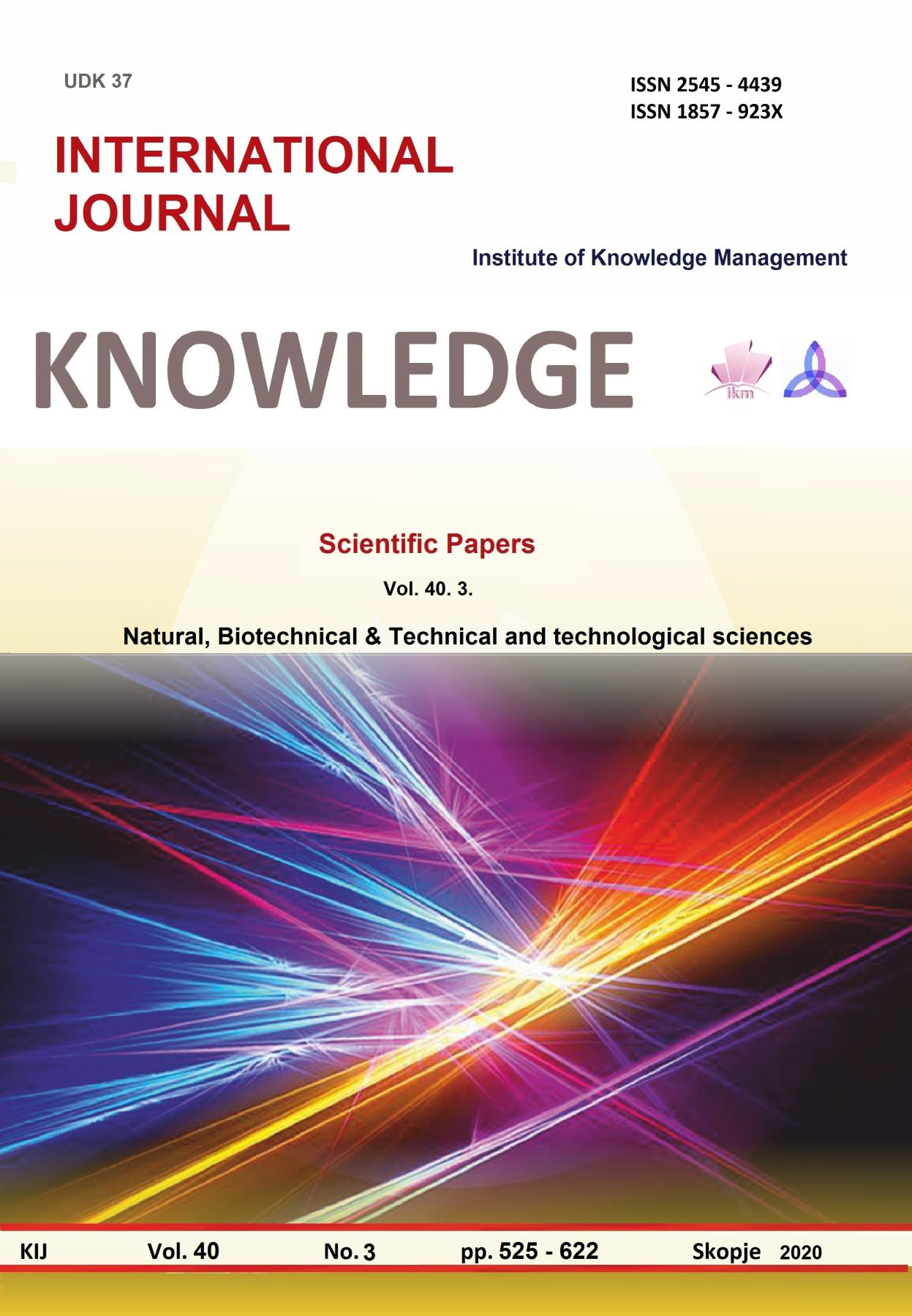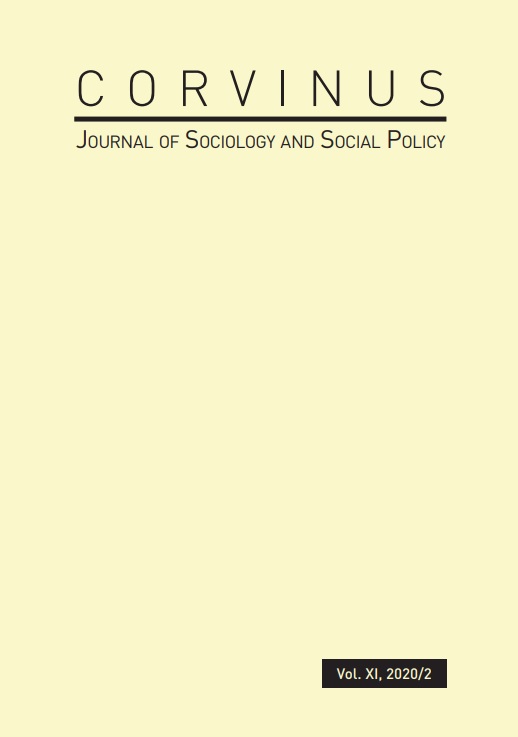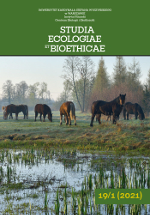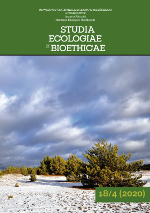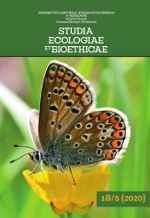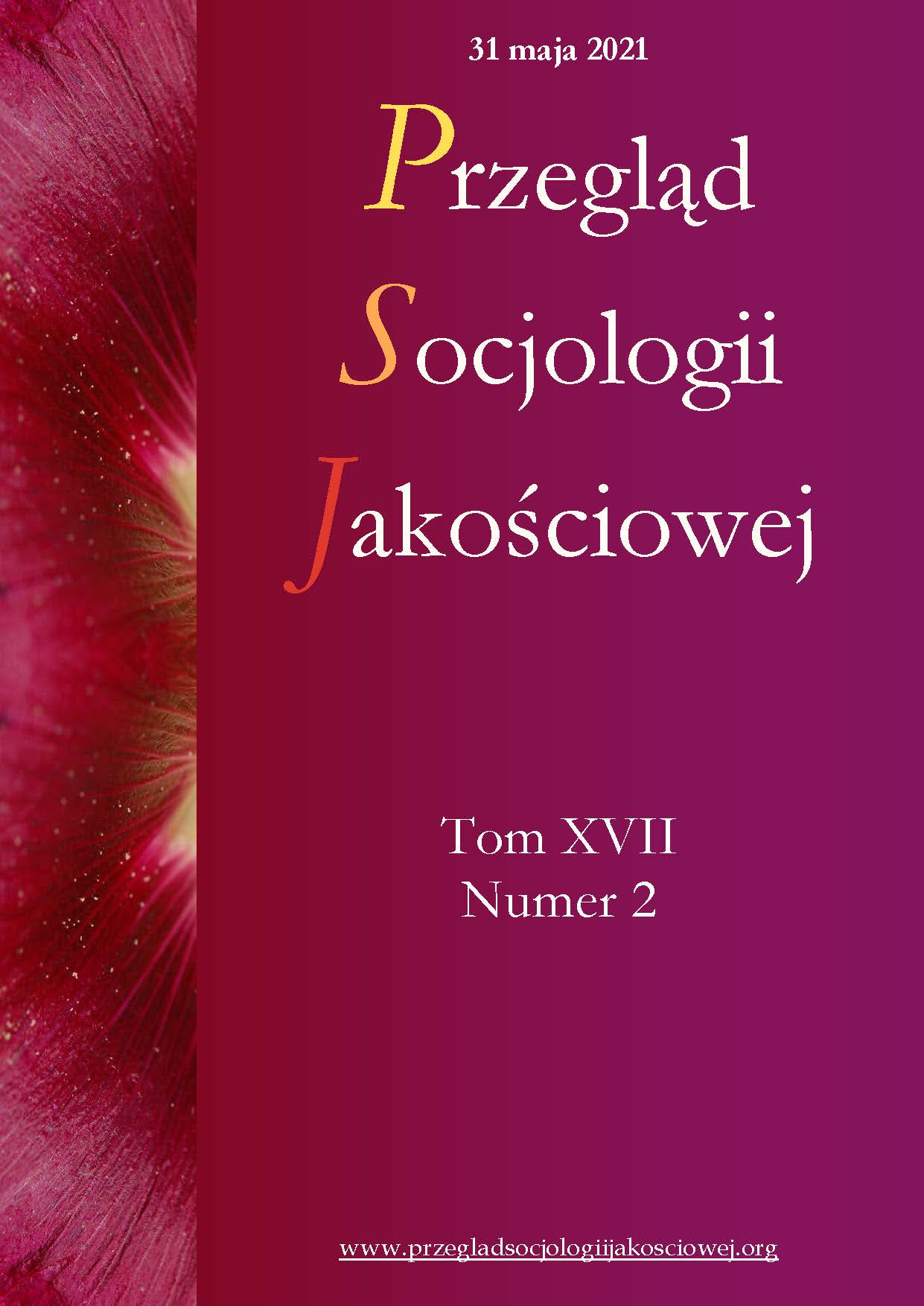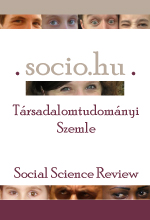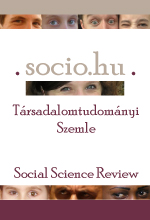Author(s): Hunor Vass,Teodor Mateoc-Sîrb,Tabita Adamov,Ramona Ciolac,Nicoleta Mateoc-Sîrb / Language(s): English
Issue: 3/2020
Environmental pollution has become one of the most debated issues of contemporaneity and a major one for the management of society.. In the past, when population density was low and natural products were used almost exclusively, not so much residue was produced. With the great scientific advances, their quantity and nature have changed fundamentally. In recent decades, the process of degradation of environmental factors on our planet has evolved more and more worryingly, the amount of pollutants reaching figures beyond imagination, a situation in which the removal of pollution is a problem to correct errors that causes it. The share of air pollution sources in an existing geographical area is determined by quantifying the annual values of atmospheric emissions and by the effects on human health and ecosystems. In order to combat pollution, it is very important to identify major sources of pollution, in order to develop and implement effective measures to monitor these sources. Some of these measures can be appropriated and imposed by the authorities through urban planning and spatial planning regulations. Following the study conducted in Timiș County, the authors identified several important sources of air pollution. The researches regarding the pollution sources of Timis county were made through the air quality monitoring system in Timiș county. It was implemented and is operated by APM Timișoara as part of the national monitoring network. Its sizing was done taking into account the number and size of pollution sources as well as their location in the county. The evolution of fixed sources of air pollution in Timiș County in recent years overlaps with the evolution of industrial units. Many companies with high pollution potential have ceased or drastically reduced their activity - petrochemicals, varnishes and paints sector, food industry, metal fabrication and machine building. This has led to a significant reduction in air emissions. Newly built industrial units are less polluting, generally use gaseous fuels and are equipped where necessary with gas collection / treatment systems before being released into the atmosphere. They are also generally grouped and located in industrial parks, away from sensitive residential areas. Environmental pollution has managed to become a famous more important issue of contemporaneity and one of the primary ordinances for political decisions. Man and the environment are inseparable people, so that there are environmental dependencies, and the quality of environmental factors (air, water, soil) can change, following the necessary activations carried out by all, the care determined by the occurrence of pollution. In recent decades, it is possible that a long-term environmental factor will degrade in plans that have evolved more and more worryingly, with the amount of pollution reaching the figure that depends on any image. Stopping pollution is a problem of correcting the errors that cause it. In this article, the authors present the main sources of air pollution in Timis County, which have a negative effect on the environment and present a danger to the health of the population. The main forms of air pollution are presented, represented graphically over a period of 11 years, and at the end we will talk a little about what should be done to protect our environment, how to limit pollutant emissions, and take care of rural and urban areas. Slowly, difficultly but inevitably, air pollution as a global problem must be addressed on a global scale and hopefully resolved. This cannot be done without joint efforts by developed countries. There is a consensus today, still fragile, that without the assistance of developed countries, the world of the least favored will not be able to protect the environment but will exacerbate its deterioration
More...

